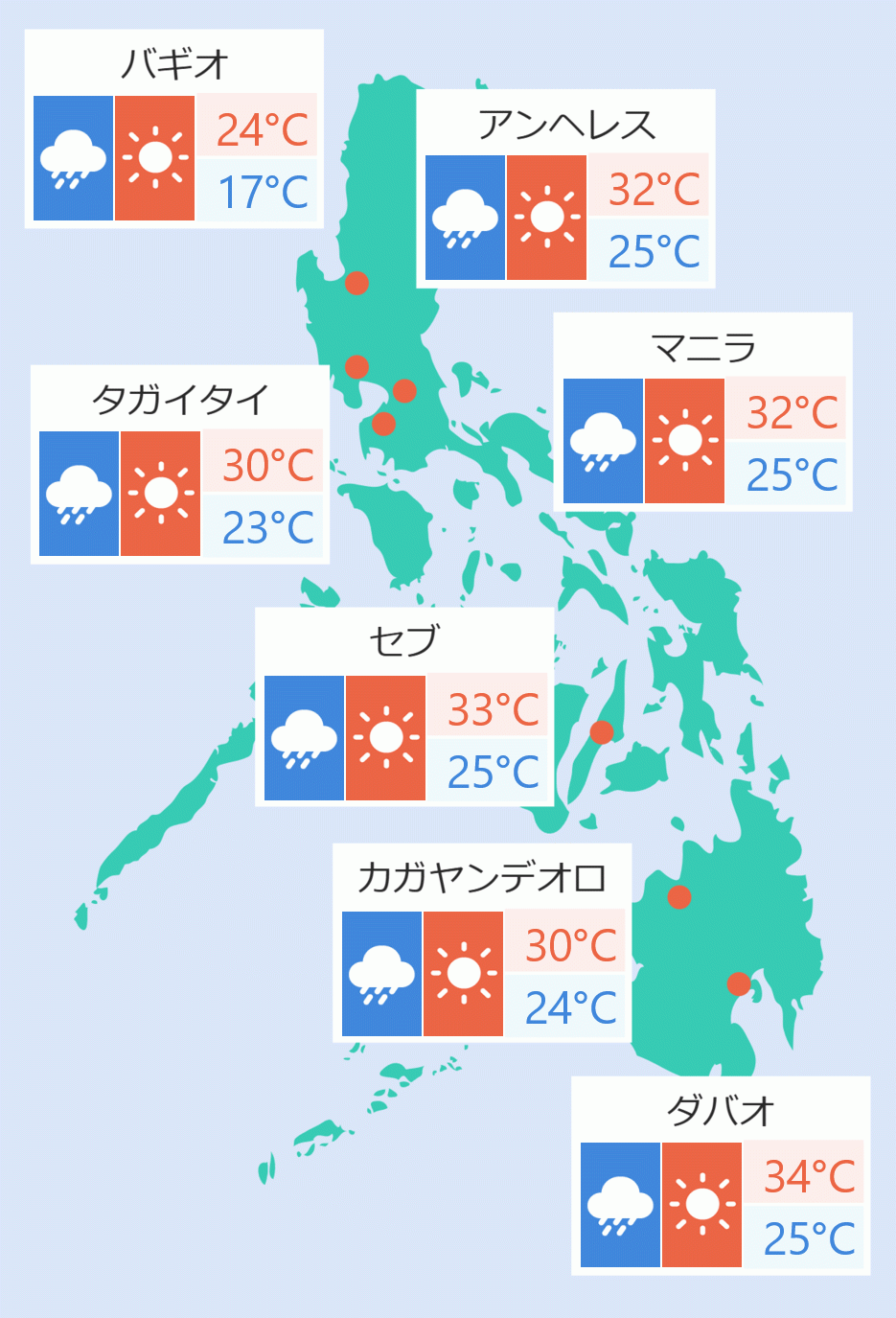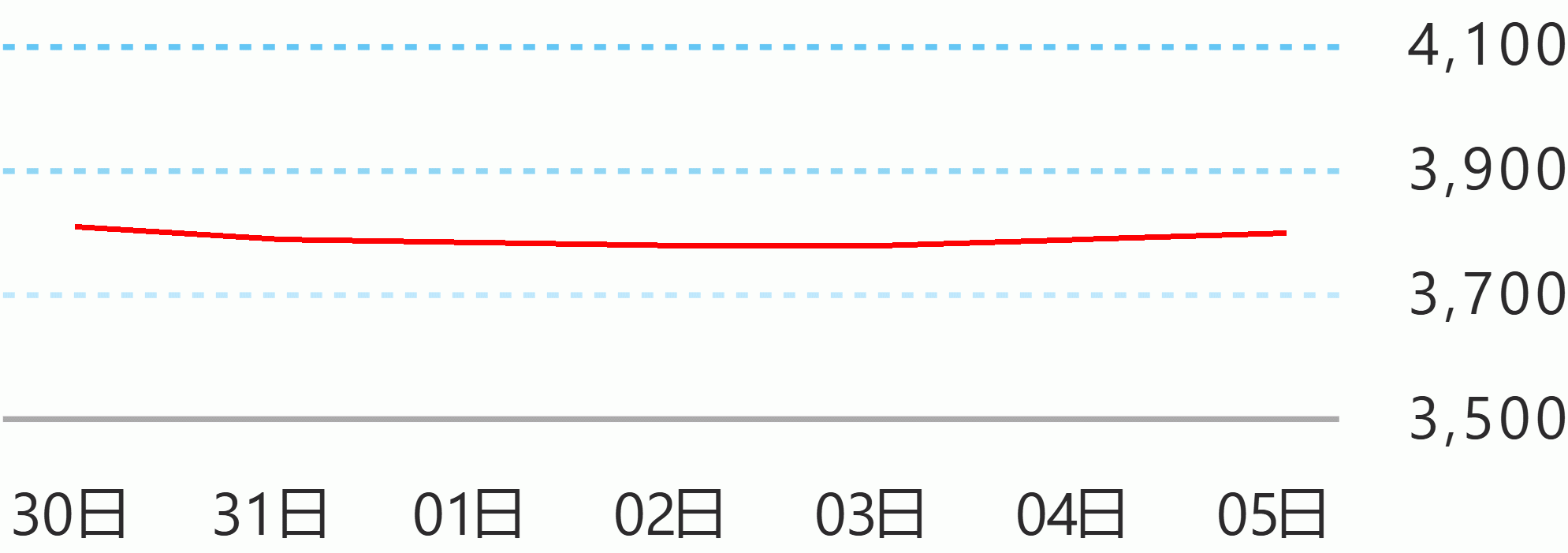Only fully vaccinated foreign nationals from non-visa countries, including Japan, will be allowed to enter the Philippines starting February 10, a Palace official said on Friday.
In his virtual press briefing, Acting Palace Spokesman Cabinet Secretary Carlo Nograles said based on the Inter Agency Task Force (IATF) Resolution 160-B issued on February 3 foreign nationals from a total of 157 non-visa countries must be fully vaccinated except only for minor children below 12 years of age traveling with their fully-vaccinated foreign parent
He noted that a foreign national shall be deemed fully vaccinated only if he/she "received the second dose in a 2-dose series or a single dose vaccine more than 14 days prior to the date and time of departure from the country of origin/port of embarkation" .
The vaccine should be included in Emergency Use Authorization (EUA) list or Compassionate Special Permit (CSP) issued by the Philippine Food and Drug Administration; or Emergency Use Listing of the World Health Organization.
Nograles said the foreign national should have an acceptable proof of vaccination, valid tickets for their return journey to the port of origin or next port of destination not later than 30 days from date of arrival in the Philippines; passports valid for a period of at least six months at the time of their arrival to the Philippines; and obtain, prior to arrival, a travel insurance for COVID-19 treatment costs from reputed insurers, with a minimum coverage of $35,000 for the duration of their stay in the Philippines.
He said the foreign national should also "present a negative RT-PCR test taken within 48 hours prior to the date and time of departure from the country of origin or first port of embarkation in a continuous travel to the Philippines, excluding layovers; provided, that, he/she has not left the airport premises or has not been admitted into another country during such lay-over."
Nograles said foreign nationals from visa-free countries who fail to fully comply with the set conditions and requisites "shall be denied admission into the country and shall be subject to the appropriate exclusion proceedings."
"Once admitted into the country, they are no longer required to observe facility-based quarantine but shall self-monitor for any sign or symptom for seven days with the first day being the date of arrival. However, they are required to report to the local government unit (LGU) of their destination should they manifest any symptoms," he said.
Nograles said in the case of a "foreign child or children below 12 years of age who are not vaccinated for any reason whatsoever and traveling with their Filipino parent, shall follow the entry, testing, and quarantine protocols of their Filipino parent traveling with them."
"A foreign child or children from ages 12 to seventeen 17 years of age traveling with their Filipino parents, shall follow the protocol based on their vaccination status. In case of such unvaccinated minor children, either foreign or Filipino parents should accompany such child or children during their facility-based quarantine," he noted.
Nograles said foreign nationals from visa-required countries or restricted foreign nationals, may enter the Philippines through an entry exemption document (EED) issued under existing IATF rules and regulations, provided that they are fully vaccinated, except only for minor children below 12 years of age traveling with their fully-vaccinated parent.
Nograles said foreign nationals from visa-required countries should have an acceptable proof of vaccination and "present a negative RT-PCR test taken within 48 hours prior to the date and time of departure from the country of origin/first port of embarkation in a continuous travel to the Philippines, excluding lay-overs; provided, that, he/she has not left the airport premises or has not been admitted into another country during such lay-over."
He also noted that once admitted into the country, they are no longer required to observe facility-based quarantine but shall self-monitor for any sign or symptom for seven days with the first day being the date of arrival. However, they are required to report to the local government unit (LGU) of their destination should they manifest any symptoms."
Nograles said the foreign nationals who are found not compliant with the set conditions "shall be required to undergo facility-based quarantine until the release of their negative RT-PCR test taken on the fifth (5th) day. After which, they shall be required to undergo home quarantine until their 14th day, with the date of arrival being their first day."
"The local government units of destination and their respective Barangay Health Emergency Response Teams are tasked to monitor those arriving passengers undergoing home quarantine," he said.
Nograles said the foreign nationals with other types of visas who fail to fully comply with the set conditions and requisites "shall be required to undergo facility-based quarantine until the release of their negative RT-PCR test taken on the 5th day."
"After which, they shall be required to undergo home quarantine until their 14th day, with the date of arrival being their first day," he said.
Nograles also mentioned that the fully vaccinated foreign nationals shall not be included in the arrival quota set by the Department of Transportation (DOTr) and its One-Stop-Shop (OSS). Robina Asido/DMS





 English
English









